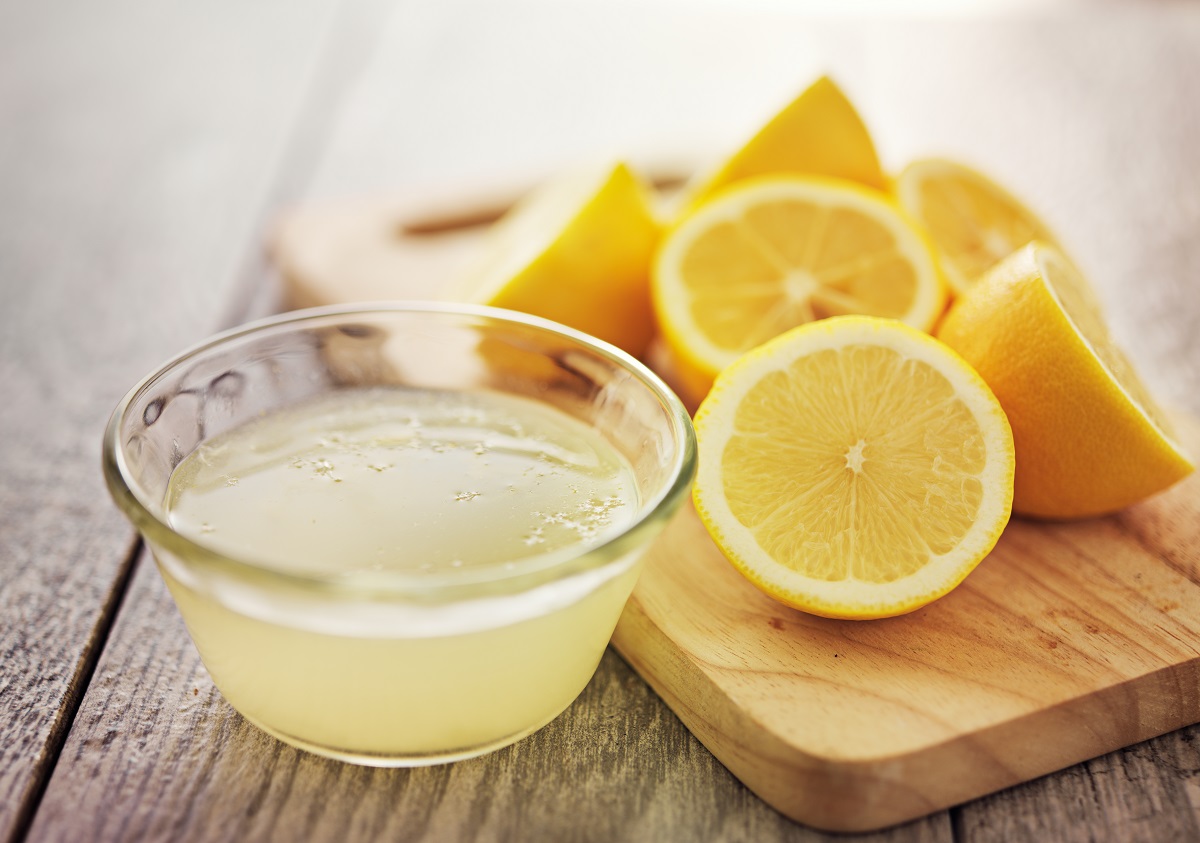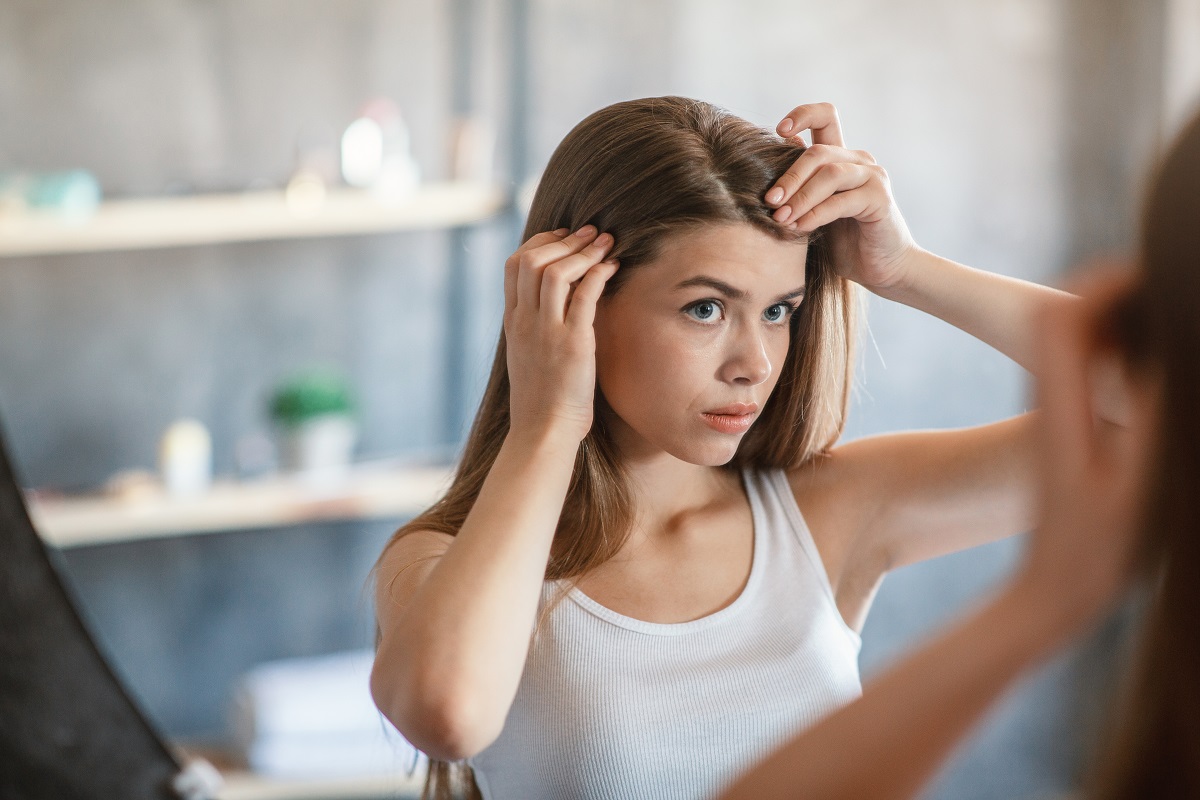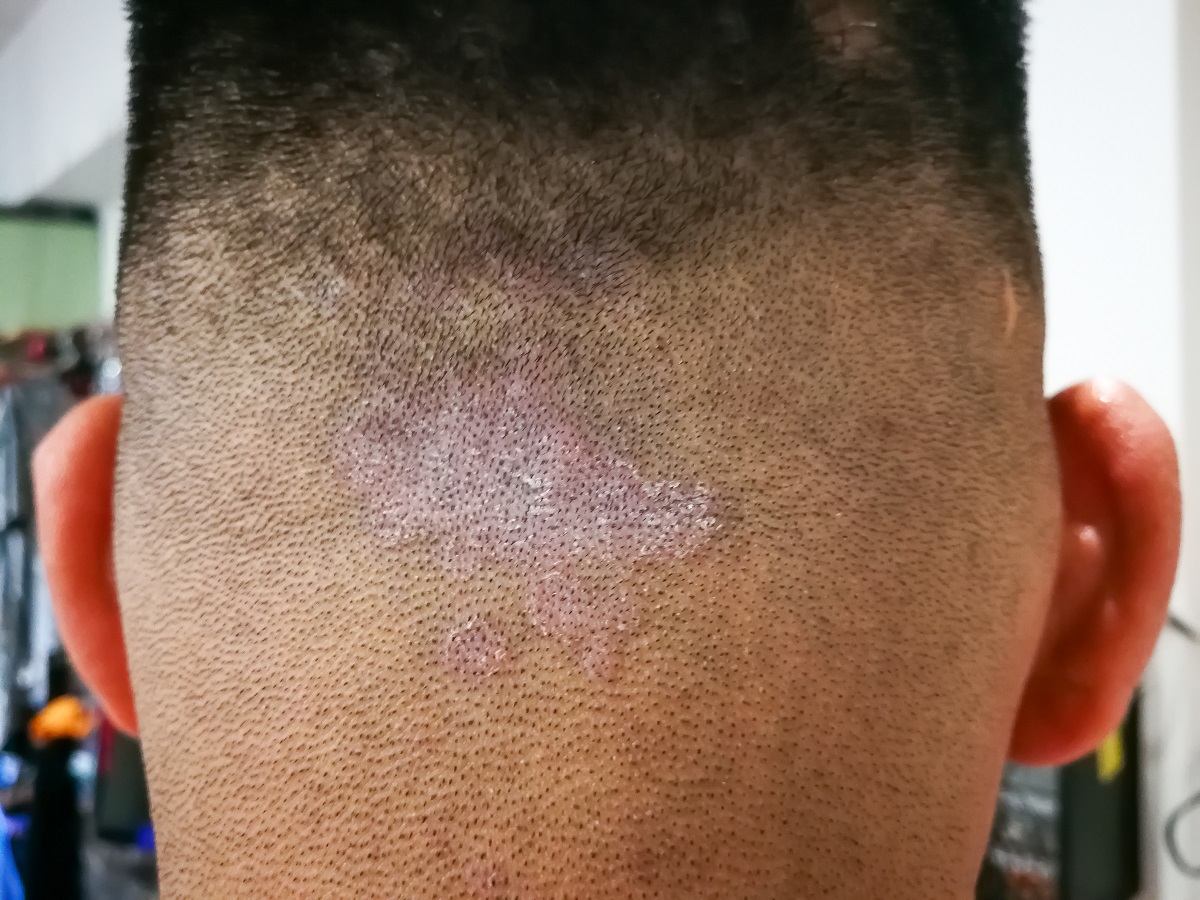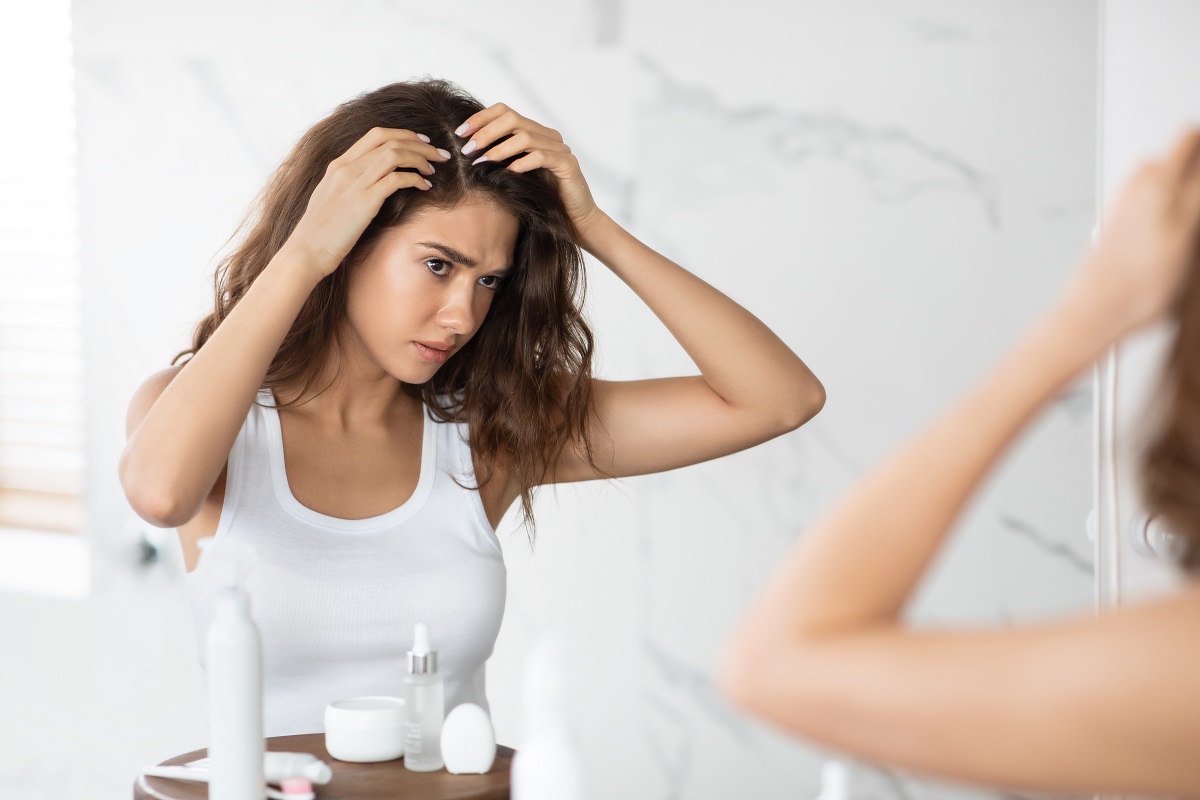Dandruff is a condition of the scalp that causes flakes of skin to fall off. It is a very common problem, and it can be caused by a number of different things, including dry skin, shampooing too often, or using too much hair product. There are a number of home remedies that you can try to get rid of dandruff, and these include using lemon juice, apple cider vinegar, baking soda, and olive oil. In this blog post, we will talk about a few best home remedies for dandruff problems.
Best Home Remedies for Dandruff Problem
There are a number of home remedies that you can try to get rid of dandruff. And each one here has been tried and tested. I wish you all get to benefit from these natural remedies here:-

Lemon juice
Lemon juice is a natural acid that can help to dissolve the build-up on your scalp and the itchy skin of your scalp. Just add a few drops of lemon to your shampoo and massage it into your scalp.
Apple cider vinegar
Apple cider vinegar is another acidic substance that can help to break down the build-up on your scalp as it has anti-fungal properties. Just add a few tablespoons of apple cider vinegar to your shampoo and massage it into your scalp.
Baking soda
Baking soda is a natural exfoliant that can help to remove dead skin cells from your scalp. Just add a few tablespoons of baking soda to your shampoo and massage it into your scalp.
Tea tree oil
Tea tree oil has antibacterial and antifungal properties that can help to treat dandruff. Just add a few drops of tea tree oil to your shampoo and massage it into your scalp.
Coconut oil
Coconut oil is a natural moisturizer that can help to keep your scalp hydrated and prevents flaky skin. Just massage a few tablespoons of coconut oil into your scalp and leave it on for a few minutes before shampooing.
Yogurt
Yogurt contains lactic acid, which can help to dissolve the build-up on your scalp. Just apply a thin layer of yogurt to your scalp and leave it on for a few minutes before shampooing.
Aloe vera
Aloe vera is a natural moisturizer that can help to keep your scalp hydrated. Just massage a thin layer of aloe vera gel into your scalp and leave it on for a few minutes before shampooing for treating dandruff.
Shampoos:-
There are a number of shampoos that you can buy that contains pyrithione zinc, which is an antifungal agent containing antifungal and antibacterial properties and is best for dandruff treatment. Apply twice a week to reduce dandruff and good hair growth.
Ketoconazole shampoo:-
It is used to treat dandruff, seborrheic, and fungal and bacterial infections of the scaly skin as it contains zinc pyrithione. Apply this shampoo to the wet hair and massage it gently into the itchy scalp. Rinse it off with water. This should be used 2-3 times a week for the best results on dandruff flakes.
Aspirin
Aspirin contains salicylic acid, which can help to break down the build-up on your scalp. Just dissolve a couple of aspirin in water and massage it into your scalp to prevent dandruff.
These are some of the home natural remedies that you can try to get rid of dandruff. If these methods don’t work, you may need to see a doctor or dermatologist for treatment.

Different Types of Dandruff
Dry scalp dandruff
This is the most common type of dandruff, and it is caused by a lack of moisture in the scalp. It can be caused by shampooing too often, using too much hair product, or not drinking enough water. To get rid of dry scalp dandruff, you can try using a humidifier, drinking more water, and using less shampoo.
Oily scalp dandruff
This type of dandruff is caused by an excess of oil on the scalp. It can be caused by not washing your hair often enough, or by using too much hair product. To get rid of oily scalp dandruff, you can try washing your hair more often, using fewer hair products, and using mild shampoo.
Seborrheic dermatitis dandruff
This type of dandruff is caused by a skin condition called seborrheic dandruff. It can be caused by a number of things, including stress, cold weather, and a weak immune system. To get rid of seborrheic dandruff, you can try using anti-dandruff shampoo, staying hydrated, and using a humidifier.
Psoriasis dandruff
This type of dandruff is caused by a skin condition called psoriasis. It can be caused by a number of things, including stress, cold weather, and a weak immune system. To get rid of psoriasis dandruff, you can try using anti-dandruff shampoo, staying hydrated, and using a humidifier.
Eczema dandruff
This type of dandruff is caused by a skin condition called eczema. It can be caused by a number of things, including stress, allergies, and dry skin. To get rid of eczema and dandruff, you can try using anti-dandruff shampoo, staying hydrated, and using a humidifier.

Factors that Causes Dandruff
Factors that contribute to causing dandruff are:
Dry skin
One of the primary reasons for dandruff is dry skin. When your skin is not hydrated enough, it starts to flake off. This is because the natural oils that keep your skin moisturized are not being produced in sufficient quantities. As a result, your scalp becomes dry and flaky.
Not shampooing enough
If you don’t shampoo your hair often enough, the dead skin cells and oils on your scalp will build up and lead to dandruff.
Using too much hair product
If you use too much hair gel, mousse, or other styling products, it can cause a build-up on your scalp that leads to dandruff.
Using the wrong shampoo
If you use a shampoo that is too harsh either or many anti-dandruff shampoos for your scalp, it can strip away the natural oils that keep your scalp healthy. This can lead to dryness and flaking.
Sensitivity to hair care products
Some people are sensitive to the ingredients in hair care products, such as shampoos, conditioners, and hair dyes. This can cause a reaction that leads to dandruff and an irritated scalp.
Medical conditions
Certain medical conditions, such as psoriasis, seborrheic dermatitis, and eczema, can cause dandruff.
Conclusion:
We’ve looked at a few home remedies for dandruff that you can try. Have you had any success with these? Let us know in the comment box below. And if you haven’t tried any of these, don’t worry – we have plenty more remedies to share with you in future posts. So stay tuned!










